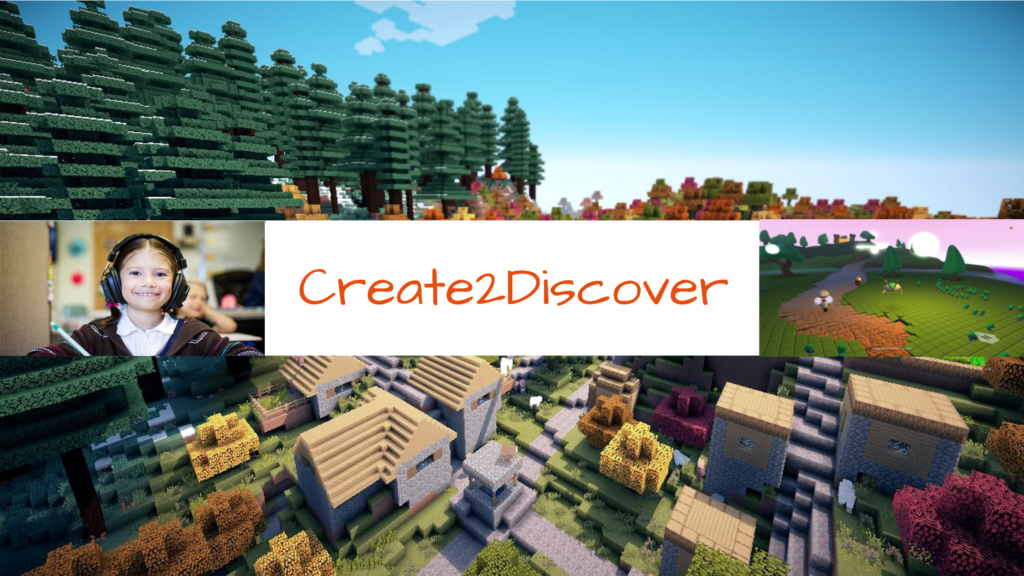
As a parent, I understand the significance of equipping our children with the skills they need to thrive in an ever-changing world. One crucial skill that stands out to me is self-directed learning. Self-directed learning refers to the ability to take initiative and responsibility for one’s own learning journey. In this article, I want to emphasize the importance of self-directed learning in today’s world and provide practical insights on how we can help our children develop this skill.
The Importance of Self-Directed Learning for Success in a Dynamic World
In our fast-paced world, where knowledge and information are constantly evolving, self-directed learning has become increasingly vital. Here’s why I believe self-directed learning is crucial for our children’s success:
Lifelong Learning: The ability to continuously learn and adapt is essential in a world where new technologies, ideas, and challenges arise regularly. Self-directed learners can proactively seek out new information, acquire new skills, and embrace lifelong learning.
Autonomy and Ownership: Self-directed learning empowers individuals to take charge of their education and personal growth. It fosters a sense of autonomy, motivation, and responsibility, allowing our children to set goals, take initiative, and actively engage in their own learning process.
Adaptability and Problem Solving: Self-directed learners develop strong problem-solving skills and resourcefulness. Our children become comfortable with ambiguity, learn to think critically, and find creative solutions to problems, equipping them with the skills needed to thrive in an ever-changing world.
Strategies to Foster Self-Directed Learning in Your Child
As parents, we have a significant role in fostering self-directed learning in our children. Here are some practical ideas to encourage and support their development of self-directed learning skills:
Cultivate Curiosity: Nurture your child’s natural curiosity by providing opportunities for exploration, asking open-ended questions, and supporting their interests. Create an environment that values questioning, discovery, and independent thinking.
Foster Independence: Gradually empower your child to take ownership of their learning. Encourage them to set goals, plan their learning activities, and manage their time effectively. Provide guidance and support while allowing them to make decisions and learn from both successes and failures.
Provide Resources and Opportunities: Facilitate access to diverse learning resources such as books, educational websites, online courses, and community programs. Encourage your child to explore topics of interest, engage in hands-on projects, and seek out mentors or experts in relevant fields.
Lead by Example: Be a role model by embracing your own self-directed learning journey. Share your experiences, demonstrate your enthusiasm for learning, and emphasize the importance of staying curious, adaptable, and open to new ideas.
Empowering our children with self-directed learning skills is pivotal for their future success. By embracing the benefits of self-directed learning and implementing practical strategies, we can equip our children to thrive in today’s dynamic world.
Join our newsletter!
Want to help your kids create amazing things and prepare for the future? Subscribe to our newsletter to get free resources, videos, and articles in your inbox.

Comments on this entry are closed.